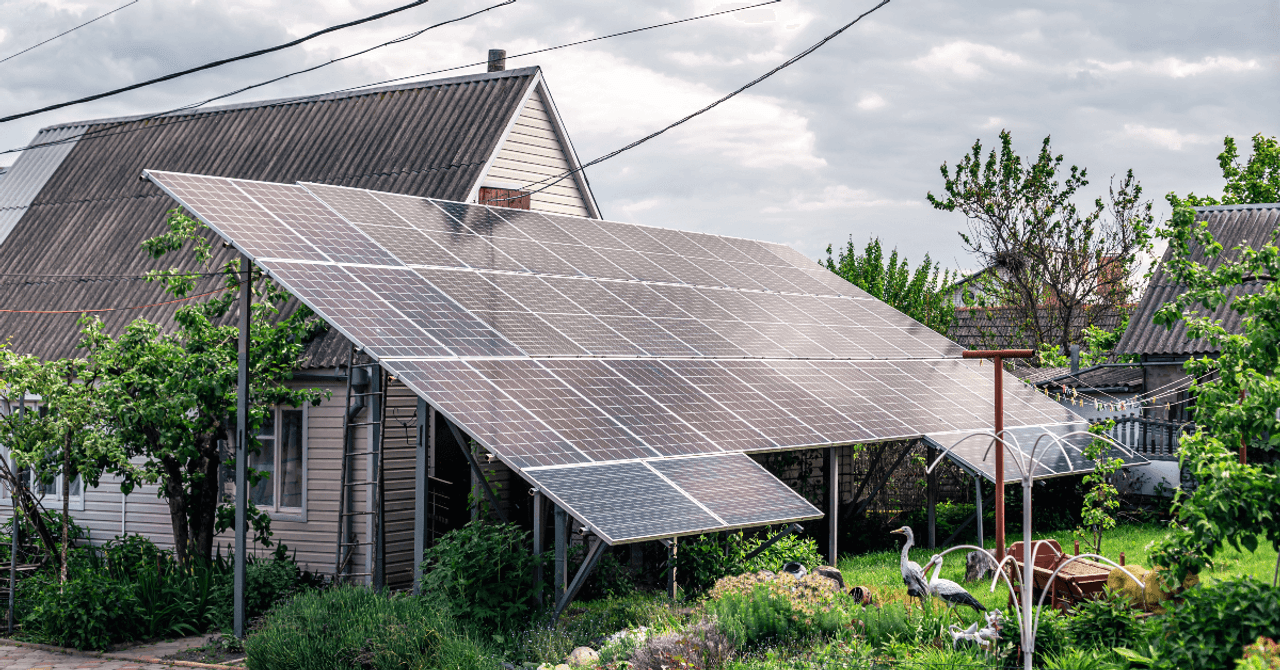Going solar is a great way to offset your energy bills. However, this is sometimes theoretical and depends on the system and your needs. Some circumstances make an additional energy source helpful. This is especially true during blackouts since all grid-tied systems shut down when the grid goes out. You will require a backup energy source like a generator for a solar-powered house to save yourself from the inconveniences. So, yes! Even homes with solar could greatly benefit from a generator check out Ace Power Products for quality generators.
A Generator For Solar Powered House Saves You In Time Of Need
Simply put, solar panels can't send power to your home when the grid is out. This keeps the utility workers safe as they try to fix the lines. A generator comes in handy in the event of a blackout, during bad weather days, when the solar system isn't working properly, and after using up all your battery energy.
Does Solar Power Use A Generator?
Yes. Solar panels are undoubtedly a great investment but having both guarantees electricity always. Homes with solar panels can be attached to gas-powered generators to provide electricity during power outages. It is important to note that solar panels and generators can't work together. This is not to say that you can't purchase standby generators with panels. Many homes have both, particularly for off-grid systems. The panels and the generator are wired appropriately to prevent them from interfering with each other. For the best products on everything solar check Ace Power Products.
· Types of Generator
An electric generator is an equipment that turns mechanical energy from an external source into electricity. How does it work? It doesn't create the energy on its own but depends on the mechanical energy supplied to it to foster the movement of electric charges in the wire of its windings. The flow of electrical charges incorporates the output energy of the generator. The major components of the generator include an alternator, engine, voltage regulator, fuel system, and cooling and exhaust systems, among others. There are various types of generators below:
· Standby generator
During a blackout, the whole house generator can power your appliances, lights, and even your HVAC system. You can attach it to the existing fuel supply in your home, like natural gas or propane. Certain options even run on backup power sources like solar. The standby generator doesn't require extension cords, can run for an extended period, and turns on automatically. However, it is quite costly compared to other options, uses vast space, and needs annual maintenance.
· Portable generator
It is smaller in size, powered by gasoline, solar, or propane, and used for various smaller appliances and tools. It is effortless to move, carry, and store and is less costly than other options. The downside is it is noisy, not comparable to the power of a standby generator, can't power all your appliances, and doesn't turn on automatically during a blackout.
· Inverter generator
Its uniqueness is adjusting speed to meet electrical demands, significantly minimizing noise and fuel consumption. It churns out fewer emissions and is perfect for electronics. It is also portable and easy to maintain. Its cons include higher cost than portable generators and a lower power outlet.
· Gasoline generator
It is the best alternative for lower-powered appliances and tools. They are usually the least costly, easiest to find, and quieter than diesel generators. Besides, gas is readily available. Still, it produces high emissions, is highly flammable, and is only usable outdoors, and gas is costlier than other fuels.
· Diesel generator
It's perfect for harsh conditions, such as freezing temperatures. Moreover, the low burning temperature of diesel puts less pressure on the engine, fostering longevity. It runs more efficiently and is cheaper in operation than gasoline. Noise, harmful emissions, strict outdoor use, and higher cost than gasoline generators make it unattractive.
· Solar generator
It generates clean and renewable energy and is the only safe generator usable indoors, thanks to no emissions. It is very costly upfront but easy to maintain. Its dependence on the sun's energy makes it unreliable in case of emergencies. Incorporating battery power is the only way to increase the power output.
A generator for a solar-powered house guarantees power supply throughout the seasons and especially during a blackout. Still, you should take the time to choose the ideal system for your home.
Consulting experts could go a long way in securing the most efficient and adequate generator for users today.

